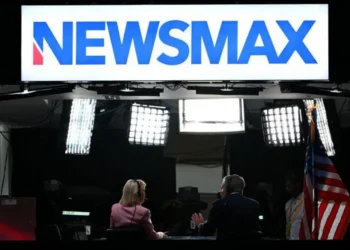As the confrontation between Iran and Israel intensified, investors increased their exposure to Brent; nonetheless, there was selling across the petroleum-oil complex due to concerns about the sustainability of rising prices.
Over the seven days ending on April 16, hedge funds and other money managers sold the equivalent of 23 million barrels in the six most significant petroleum futures and options contracts. Sales of Nymex and ICE WTI (-35 million), U.S. gasoline (-5 million), U.S. diesel (-5 million), and European gas oil (-9 million) more than offset purchases of Brent (+31 million barrels).
However, a significant portion of this extra exposure appears to have moved away from WTI, where money was sold at the lowest price in ten weeks, reducing the net position to just 183 million barrels (the 31st percentile).
Fund managers were growing more pessimistic about the future of WTI, even as they had grown quite optimistic about Brent. There were signs of a new cycle of short selling in the leading Nymex WTI contract, which began four weeks ago when prices rose above $80 per barrel.
By April 16, fund managers had increased their short holdings from 23 million on March 19 to 71 million barrels.
Also Read:
AI Poses a Threat to American Employment. Is there a Way to Ensure Income as a Safety Net
Focusing on Growth and Digital Adoption, a Family Business in Dubai






























































